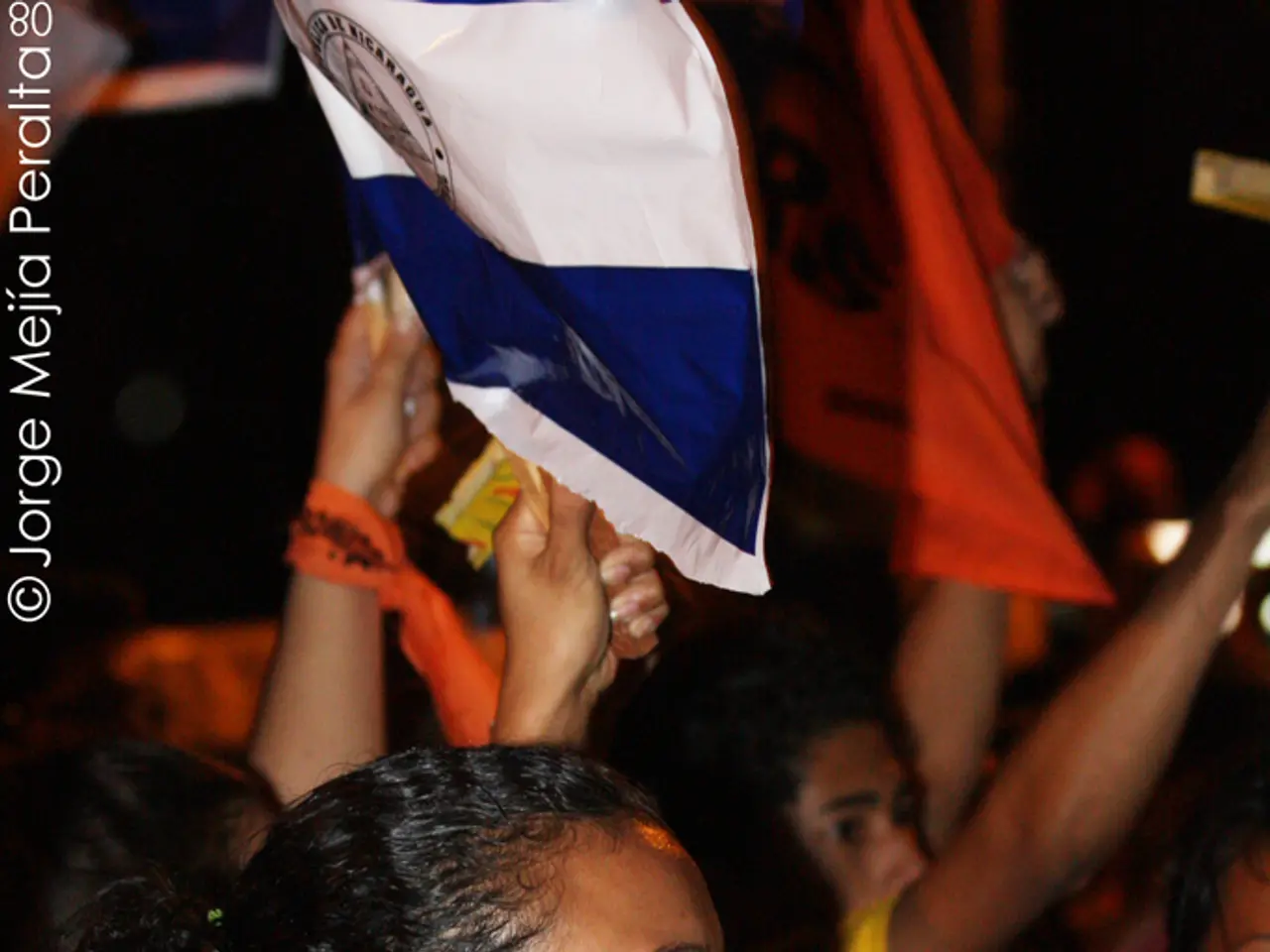University March Today, Live: Streets Impacted by Protests En route to Congress on September 17th
Argentina's Public Universities and Health Services Secure Funding Amid Crisis
In a significant turn of events, the Argentine Chamber of Deputies has overruled President Javier Milei's vetoes on the University Financing Law and the Pediatric Health Emergency Law. This decision comes amidst a deep crisis facing the country's public universities and health services.
Guillermo Oliveto, dean of the Buenos Aires regional branch of the National Technological University, has been vocal about the situation, stating that what is at stake is the value we as a society give to one of our most strategic institutions – the public university – and the capacity to form the human capital that the country needs. He further added that we cannot resign ourselves to the normalization of precariousness in the public university.
The University Financing Law, once approved, aims to address salary issues and other financial concerns in the higher education sector. The rejection of the presidential veto marks a significant victory for students, teachers, and non-teaching staff across the country.
The Pediatric Health Emergency Law, similarly, was designed to ensure adequate funding for paediatric health services. Its rejection of the veto signifies a commitment to prioritizing the health and well-being of the nation's children.
The news of the overruled vetoes has sparked celebrations across Argentina. In Buenos Aires, a large crowd mobilized, with detours expected in Córdoba Avenue and Callao Avenue, Corrientes Avenue and Pueyrredón Avenue, and Corrientes at: Montevideo - Rodríguez Peña - Talcahuano - Uruguay.
Bariloche, the Rionegrina capital, and the southernmost city in the world, Ushuaia, also held their own university marches to celebrate the parliamentary victory for students and non-teaching workers.
Sergio Massa, a candidate for national deputy, celebrated the rejection of the presidential vetoes, tweeting, "The strength of the pronouncement of Congress and the street is clear: we must defend the public, free, inclusive and excellent university and a Garrahan with the capacity to attend to the boys and girls of the whole country. Congratulations."
Carlos Alberto Linares, a Kirchnerist senator representing Tierra del Fuego, referred to the vote in the Chamber of Deputies and said they would go to the Senate to confirm these rejections.
Maia Volcovinsky, secretary adjunta of the Union of Judicial Employees of the Nation (UEJN) and co-secretary of Human Rights of the CGT, celebrated the rejection of Milei's vetoes, calling it an enormous joy in the face of deafness from the national government.
Alicia Kirchner, national senator for Santa Cruz, celebrated the rejection of the vetoes, saying it was a call for attention to the Government. Emiliano Yacobitti, vice-rector of UBA, also celebrated the vote that overruled the presidential veto on the University Financing Law.
Oliveto, in his statement, emphasized that without a robust and valued public university, there is no country that can build a fair and sustainable future. This sentiment was echoed by the protesters who reaffirmed the slogan "no to the veto, yes to public university and health" with chants, banners, and statements from authorities.
In Córdoba, a large crowd mobilized to demand that deputies insist on the funding law despite the presidential veto. The protesters' message is clear: the future of Argentina's public universities and health services is worth fighting for.




